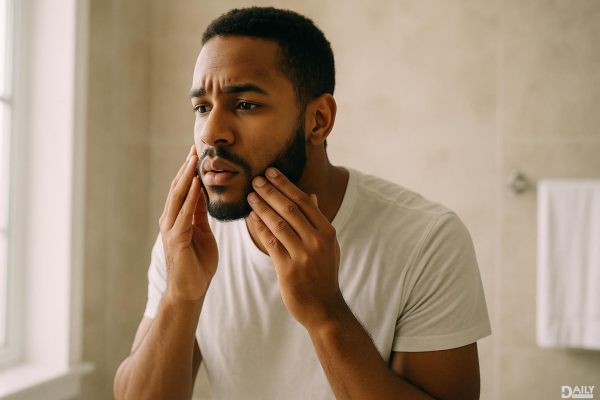If you’ve ever wondered whether you’re supposed to inhale cigars, the short answer is no—cigar smoking is not meant to involve inhaling. Unlike cigarettes, cigars are designed for a slower, more relaxed experience where the smoke is savored in the mouth rather than drawn into the lungs. But let’s dive deeper into the surprising truth about cigar smoking and how it impacts your health, because there’s a lot more to unpack here.

Cigars are made from fermented tobacco leaves, which are rolled and aged to create a rich, complex flavor profile. They’re typically larger than cigarettes and take longer to smoke, often enjoyed during special occasions or as a leisurely activity. The key difference between cigars and cigarettes lies in how they’re consumed. Cigarette smokers inhale the smoke directly into their lungs, while cigar smokers puff on the smoke, allowing it to linger in their mouths before exhaling. This method is often referred to as “retrohaling,” where the smoke is expelled through the nose to enhance the flavor experience.
Inhaling cigar smoke can be harsh on your lungs and significantly increase your health risks. Cigar smoke contains higher concentrations of toxins and carcinogens compared to cigarette smoke, including tar, carbon monoxide, and nicotine. While cigar smokers may not inhale as deeply as cigarette smokers, the sheer volume of smoke produced by a cigar means that even secondhand exposure can be harmful. Plus, the nicotine content in cigars is much higher, which can lead to addiction even if you’re not inhaling. So, if you’re thinking about taking a deep drag, think again—your lungs will thank you.
Even if you don’t inhale, cigar smoking isn’t a risk-free activity. Regular cigar use has been linked to a variety of health issues, including oral, throat, and esophageal cancers. The risk increases with the frequency and duration of use. Additionally, cigar smoking can contribute to heart disease, respiratory problems, and gum disease. And let’s not forget about the impact on your teeth—cigar smoke can stain them and lead to bad breath. While some people argue that occasional cigar smoking is less harmful than daily cigarette use, the truth is that any form of tobacco use carries risks.
Even if you’re not the one puffing on a cigar, being around someone who is can still affect your health. Secondhand cigar smoke contains many of the same harmful chemicals as firsthand smoke, and prolonged exposure can increase your risk of respiratory issues and other health problems. This is especially concerning in social settings where cigars are often shared, like weddings, parties, or golf outings. If you’re a non-smoker, it’s worth considering the potential impact of being around cigar smoke, even if you’re not the one indulging.
If you’re a cigar enthusiast, there are ways to enjoy your hobby while minimizing the risks. First and foremost, avoid inhaling the smoke—stick to puffing and retrohaling to savor the flavors. Limit your cigar use to special occasions rather than making it a daily habit, and always smoke in well-ventilated areas to reduce exposure to secondhand smoke. It’s also a good idea to stay hydrated and brush your teeth after smoking to protect your oral health. And if you’re new to cigars, start with milder varieties to ease into the experience without overwhelming your senses.
For those who enjoy the ritual of cigar smoking but want to avoid the health risks, there are alternatives worth exploring. Herbal cigars, made from non-tobacco ingredients like mint or chamomile, offer a similar experience without the harmful effects of tobacco. Another option is vaping, which allows you to enjoy flavored vapor without the combustion and smoke associated with traditional cigars. While these alternatives aren’t entirely risk-free, they can be a safer choice for those looking to cut back on tobacco use.
So, do you inhale cigars? The answer is a resounding no—cigar smoking is all about savoring the moment, not taking deep lungfuls of smoke. While cigars may seem like a classier, more sophisticated alternative to cigarettes, they still come with significant health risks. Whether you’re a seasoned aficionado or a curious newbie, it’s important to approach cigar smoking with caution and awareness. After all, your health is worth more than a fleeting puff of smoke.
























